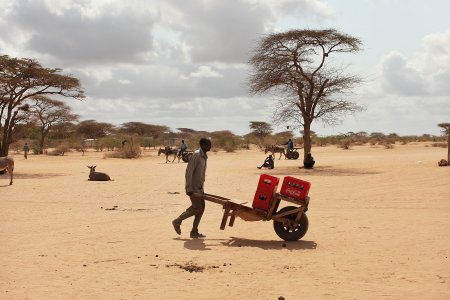 Spencer Platt
Analysis
Spencer Platt
Analysis
07/03/2014
Michaël Neuman
Rony Brauman
We often hear it said within MSF that the aid system is unable to provide effective relief, or that the aid system's ability to provide aid is in decline. Rony Brauman and Michaël Neuman aim at exploring MSF's relationship with the aid system, while showing how the ambitions of the aid system itself have evolved.
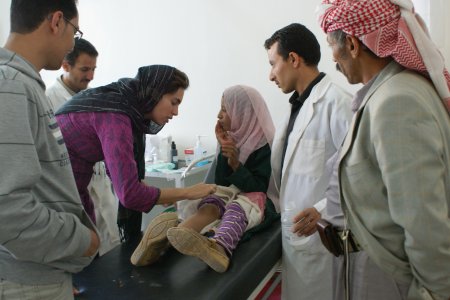 Saoussen Ben Cheikh
Opinion
Saoussen Ben Cheikh
Opinion
06/05/2014
Michaël Neuman
Michaël Neuman has just published paper, in Humanitarian Exchange Magazine focusing on the exposure to risk for medical personnel working in MSF projects in Yemen.
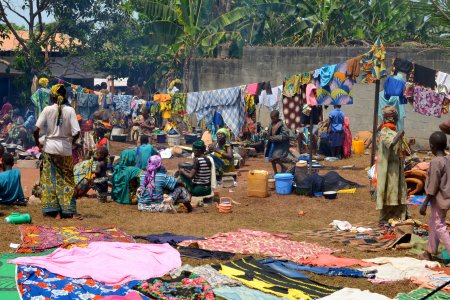 Remi Djian
Opinion
Remi Djian
Opinion
05/05/2014
Michaël Neuman
Delphine Chedorge
For a few months now, the world's response to the organized expulsion of the Muslim community out of the Central African Republic (CAR) can best be described as strikingly mute.
 Cédric Gerbehaye
Opinion
Cédric Gerbehaye
Opinion
02/20/2014
Claire Magone
Claire Magone has just published a paper, in Humanitarian Exchange Magazine #60 focusing on gender-based violence (GBV) in humanitarian crises.
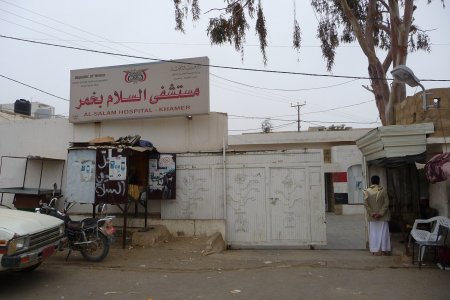 Malak Shaher
Analysis
Malak Shaher
Analysis
02/19/2014
Michaël Neuman
The paper explores the security incidents affecting medical humanitarian work in Yemen and the ways MSF as well as other health practitioners try to securitize their staff, facilities, patients. This reflection was born out of the high number of security incidents affecting MSF in the past three years.
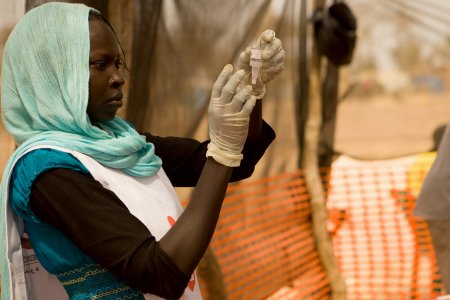 Karin Ekholm
Opinion
Karin Ekholm
Opinion
02/03/2014
Claire Magone
Emmanuel Baron
The social rejection of the polio eradication campaign in endemic countries challenges an assumption underlying the goal itself: the full compliance of an entire population to a public health programme.
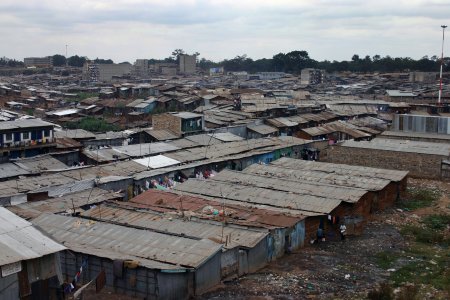 Jun Aoki
Opinion
Jun Aoki
Opinion
12/20/2013
John Tucker
John Tucker exposes his opinion of some aspects of MSF security management in the Kenyan capital. In particular, he asks: how to balance the benefits of a lower exposure to risks and the issues raised by the restrictions to one's individual freedom.
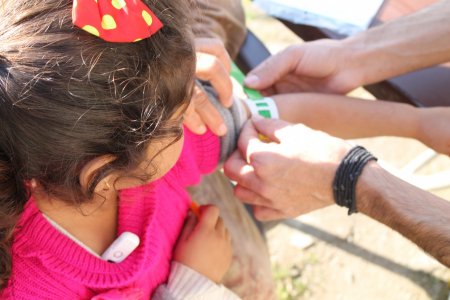 Al Hassakeh
Opinion
Al Hassakeh
Opinion
12/11/2013
Hernan del Valle
The chances of a person to receive life-saving health care inside Syria today are defined by the side of the front-line in which they happen to be. It is the consequence of deliberate choices made by those who hold the guns, and also of the operational compromises accepted by aid agencies themselves.
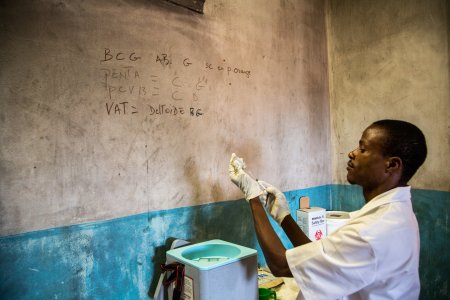 Pierre-Yves Bernard
Analysis
Pierre-Yves Bernard
Analysis
10/22/2013
Claire Magone
In the 1980s, a global commitment was made to eradicate polio in the wake of the eradication of smallpox. As far as the world health community was concerned, this successful experience made it an example model on which to base future campaigns against infectious diseases.
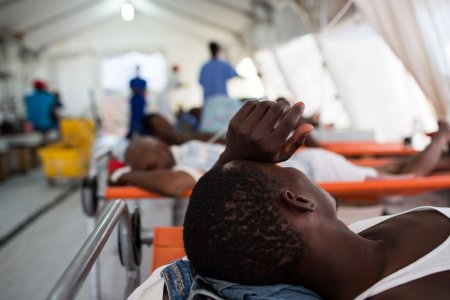 Thomas Freteur
Opinion
Thomas Freteur
Opinion
09/10/2013
Rony Brauman
Three years after it occurred, Haiti's cholera epidemic is still in the news.
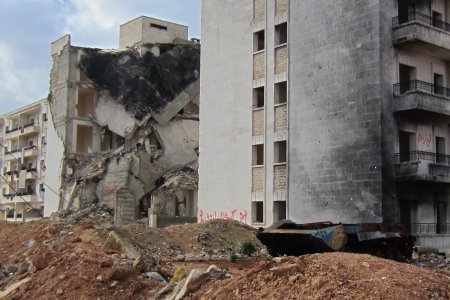 Monique Doux
Opinion
Monique Doux
Opinion
09/06/2013
Fabrice Weissman
Syria is certainly the most deadly conflict in the world today and the most underserved in terms of international humanitarian assistance. Exposed to violence and lack of essential services, millions of Syrians, living under the authority of opposition groups, have almost no access to international humanitarian relief.
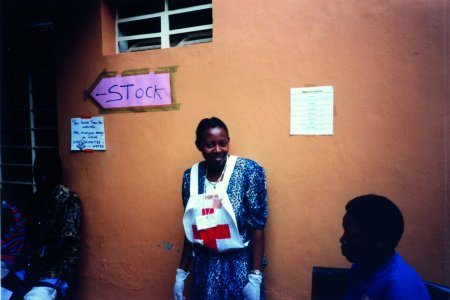 Xavier Lassalle
Analysis
Xavier Lassalle
Analysis
05/01/2013
Rony Brauman
How do Médecins Sans Frontières (MSF) and the International Committee of the Red Cross (ICRC) differ, and how are they alike?
 Spencer Platt
Analysis
Spencer Platt
Analysis









